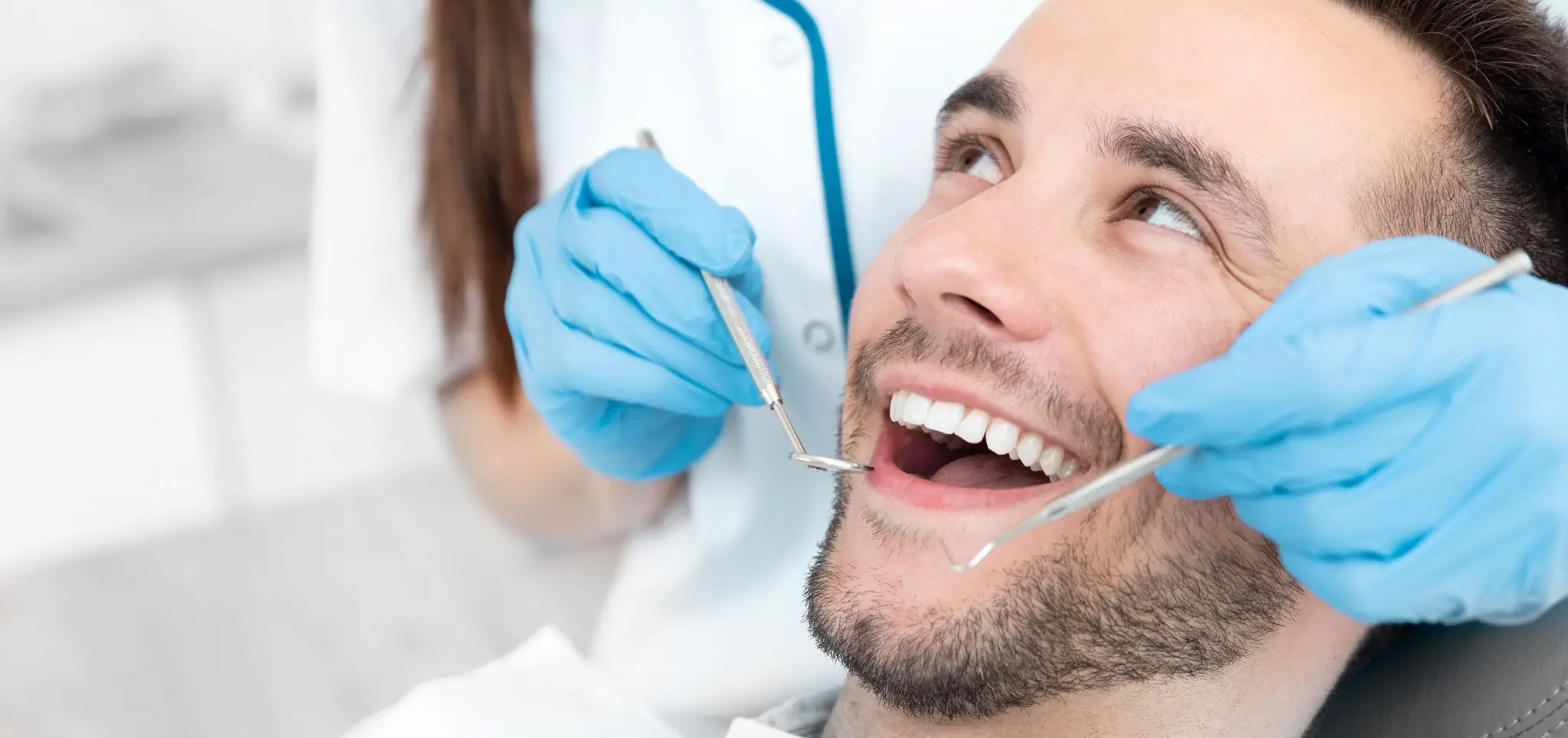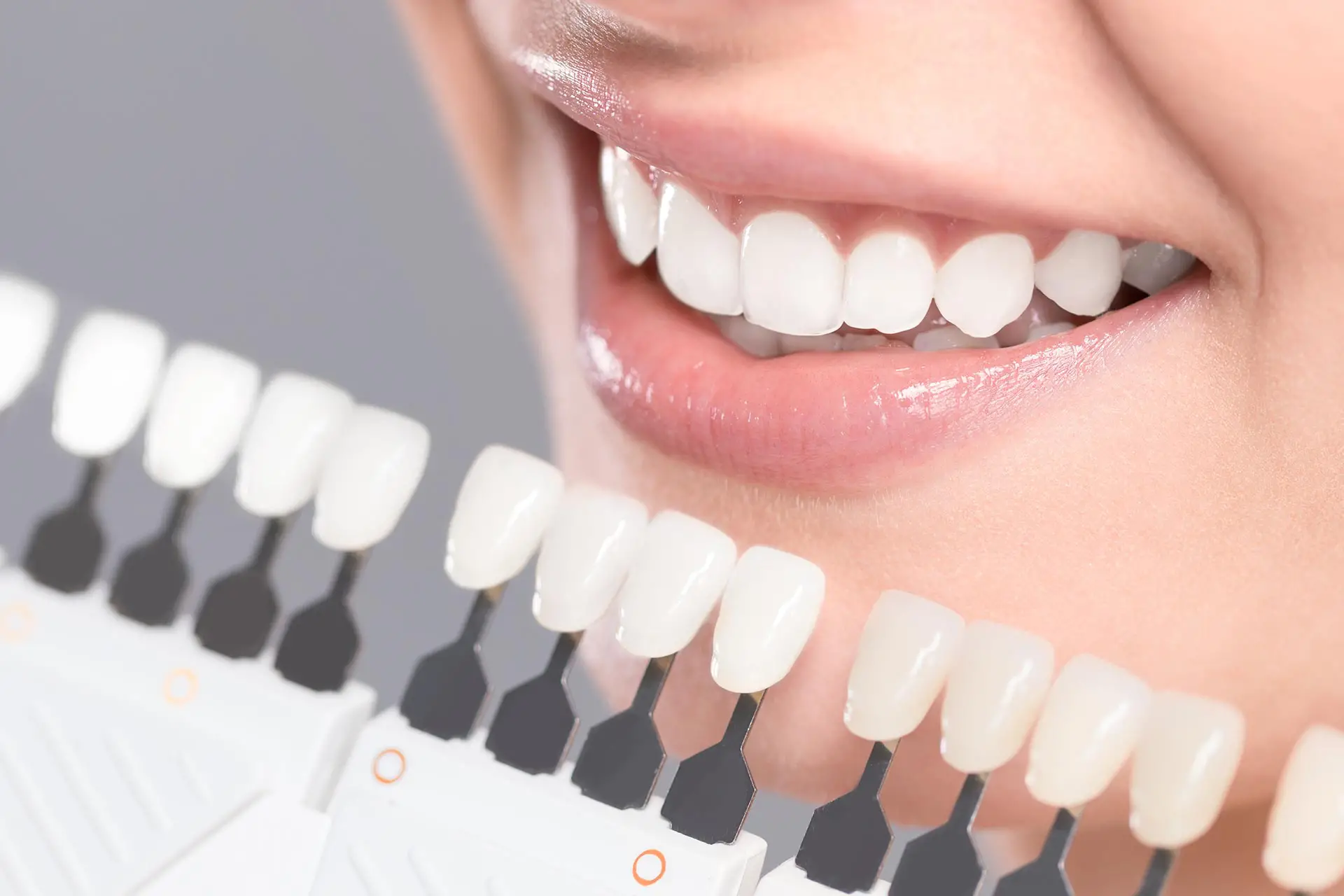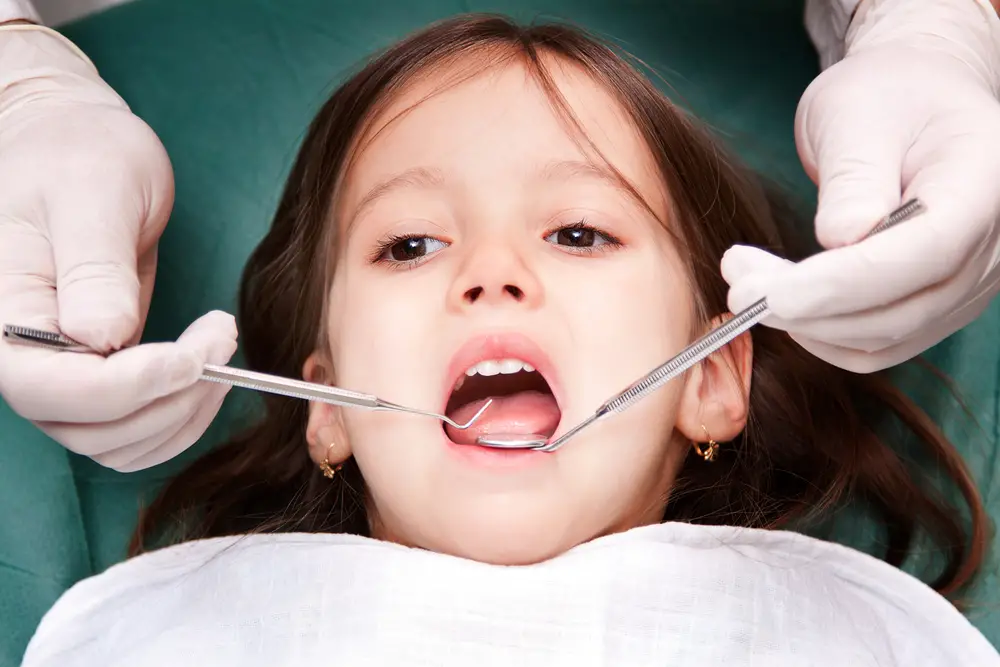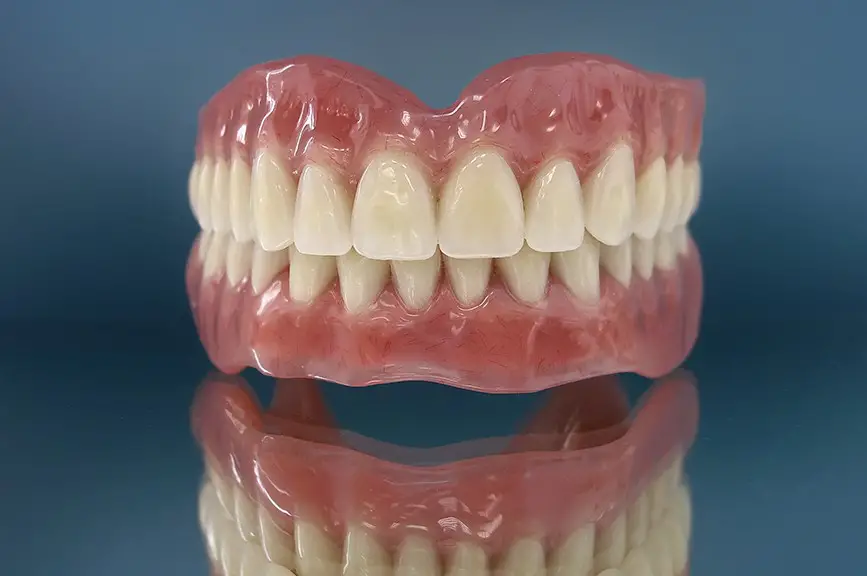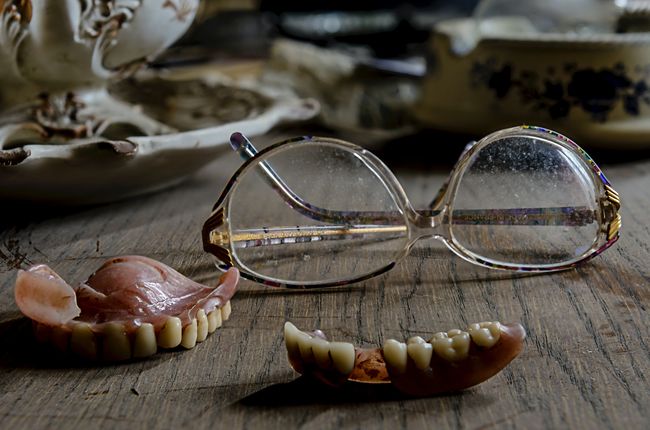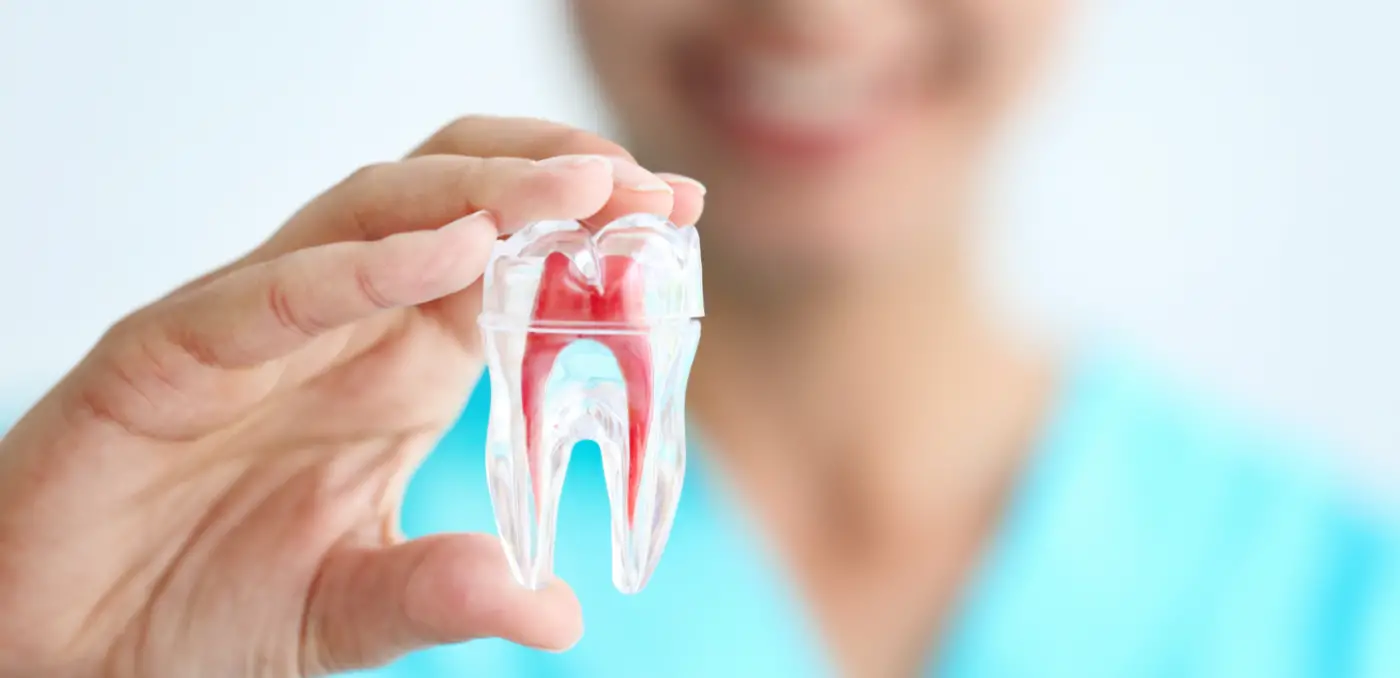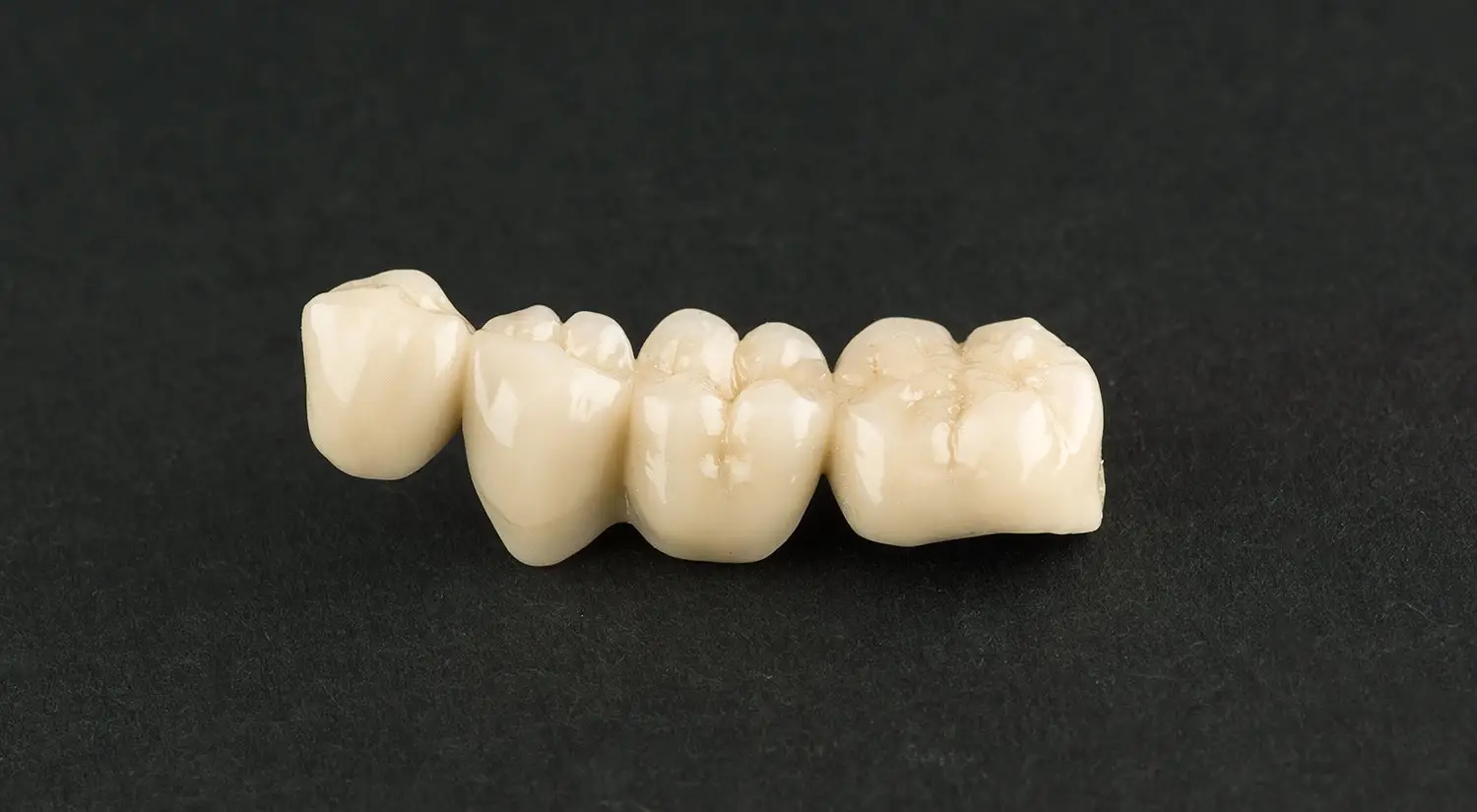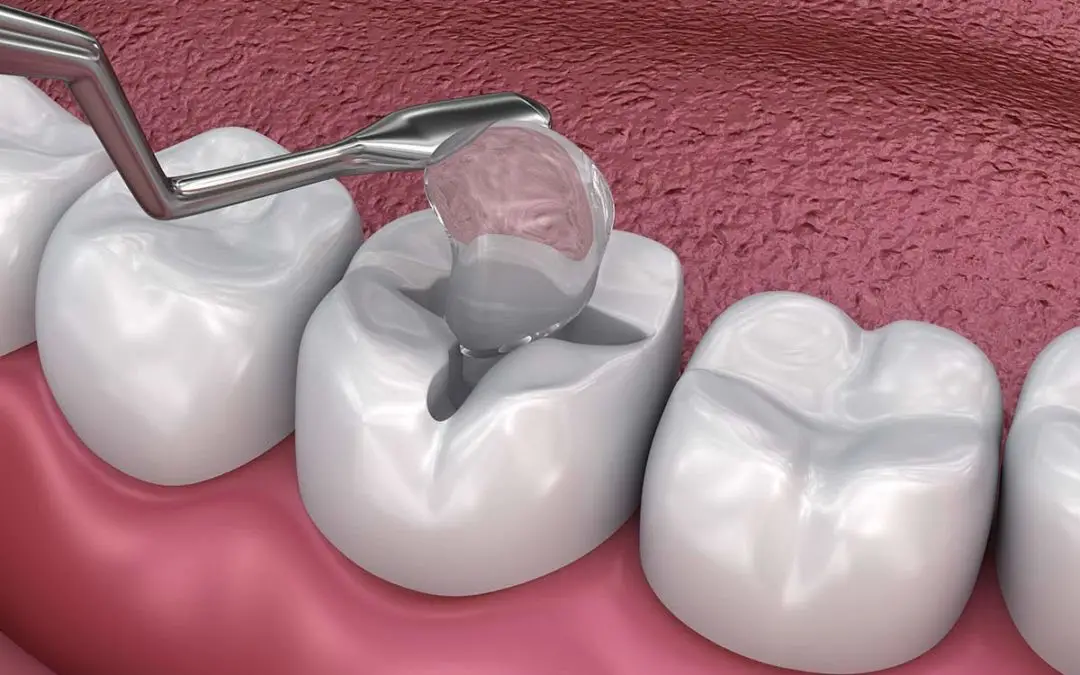Bad breath, also known as halitosis, can be an embarrassing problem to have. Here are a few steps in Lubbock TX you can take to reduce bad breath.
Brush your teeth after you eat
Your mouth is full of bacteria that feed on leftover food particles in your mouth. If you don’t brush and floss after your snack or meal, you are giving those bacteria a chance to grow and multiply. After you eat, brush your teeth as soon as possible to remove any remaining food debris. This can help to get rid of bad breath caused by lingering food particles. Cavities can fill up with plaque and food debris, causing you to have bad breath.
Regular brushing is important to prevent bad breath. The American Dental Association recommends that people brush their teeth two times per day for two minutes each session using a soft-bristled toothbrush. The toothbrush should also be replaced every three months or when the bristles become frayed.
Floss at least once a day
When you floss, you eliminate food debris and plaque from between teeth that your toothbrush cannot reach. This helps to prevent cavities and periodontal disease, two common causes of bad breath. In addition, flossing also helps prevent gum disease that can cause bacteria to enter your bloodstream and cause health problems in other areas of the body.
Brush your tongue
Brushing your tongue helps you remove bacteria and food particles that could contribute to bad breath. Bacteria that can build up on your tongue can also cause some dental issues. This is why it’s important to brush your tongue as part of your oral hygiene routine.
You can use your toothbrush or a tongue scraper to clean the surface of your tongue. Using a tongue scraper can help reduce the amount of plaque-causing bacteria on your tongue compared to brushing alone. Your dentist may recommend using a tongue scraper because it can be more effective at removing plaque than a toothbrush.
Clean dentures or dental appliances
If you don’t clean your dentures or dental devices properly, bacteria will build up on them. Over time, this can cause bad breath and irritate your gums. Plaque can also build up on these devices and make you sick. You may notice a foul smell coming from your mouth if your denture hasn’t been cleaned in a while. Make sure you brush them with a soft-bristled toothbrush or a denture cleaner every day. You should also soak them in water or a denture cleaner overnight to keep your breath fresh.
Adjust your diet
Eating a healthy diet can be beneficial for your oral health and overall health. A healthy diet should consist of foods that are low in sugar and high in nutrients. It is also important to drink plenty of water and eat fruits and vegetables daily. Additionally, limit the consumption of carbonated beverages. Bacteria in your mouth feed on the sugar from foods and drinks and produce an acid that attacks your enamel and causes tooth decay. Cavities often lead to bad breath because the bacteria in the mouth cause odorous gases as a byproduct of the decay process.
Regularly get a new toothbrush
It’s recommended that you replace your toothbrush every three to four months, but sooner if the bristles are frayed. Worn-out brushes won’t do a good job of cleaning your teeth, so be sure to replace them regularly to keep your mouth healthy and clean. You should also be sure to properly clean your toothbrush after each use.
Schedule regular dental checkups
In addition to at-home oral hygiene practices, it is important to visit the dentist regularly for a cleaning and checkup. This allows us to clean any areas in the mouth that may have been missed during routine brushing. We also perform a thorough exam to look for signs of tooth decay and other issues that may be contributing to chronic bad breath.
A dentist can recommend treatments to help fight bad breath. These may include fluoride rinses, antibacterial mouthwashes, deep cleanings, or oral irrigation. Regular cleanings and exams allow a dentist to find any signs of hidden infections or other health issues that could be contributing to your bad breath. Your dentist may recommend changing your toothbrush every three months and using toothpaste that contains fluoride to help prevent cavities. You may also need to schedule regular dental visits every six months to ensure your teeth and gums remain healthy and clean.
If oral hygiene is not enough to treat chronic bad breath, we may recommend making dietary changes. For example, consuming more fruits, vegetables, and whole grains can help to improve overall oral health as well as freshen your breath. Other foods to avoid include coffee, alcohol, spicy foods, and tobacco products. These habits cause dry mouth, which can also contribute to bad breath. Regular dental cleanings and exams are important for maintaining good dental health and preventing bad breath.
Dr. James Thurber DDS, located in Lubbock, TX, has modern amenities and the latest technologies that enable the best dental care facilities for patients. Call us at (806) 745-6644 and book a consultation with the dentist.

